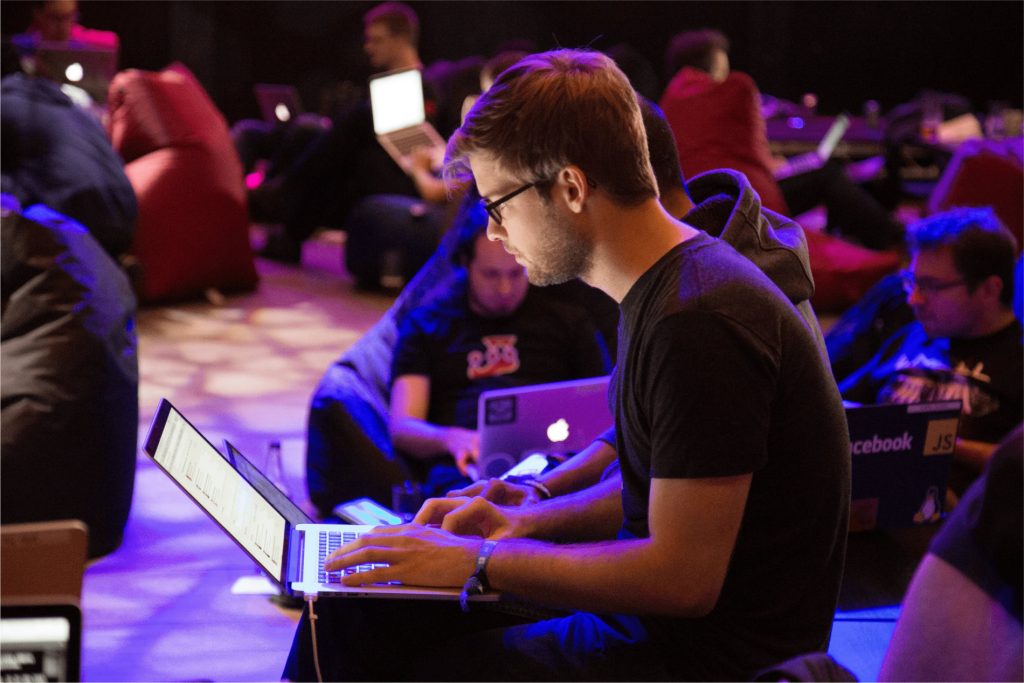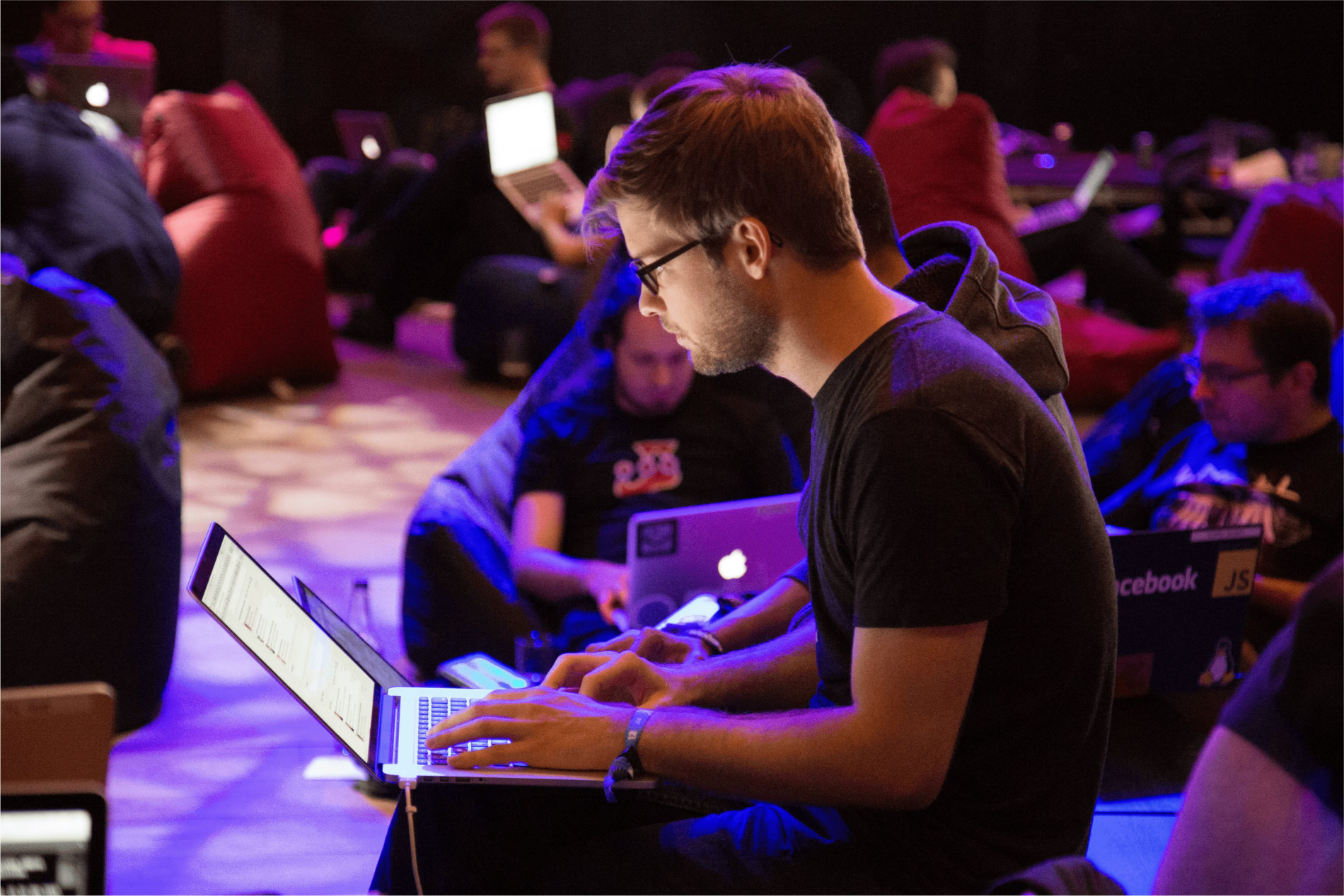
August 22, 2025
Corporate support teams are transforming. From AI-powered HR platforms to salespeople becoming data scientists and office admins who haven’t touched real paper in months, the office of today looks very different to even a handful of years ago.
There’s no question that the abilities of this diverse workforce are rapidly changing, and so are the skills required for success. That puts Australian organisations in a tricky position of needing to identify if there’s a gap between the people they have, and the people they now need.
As a leader navigating these changes, here’s what you need to know.
3 factors driving the evolution of corporate support skills in Australia
1. Changing digital toolsets
The digital toolset required by corporate support teams – across disciplines – has fundamentally changed. Modern, cloud-based tools aren’t just for doing great work, they’re for enhancing it. Systems and people have become colleagues.
Some of the standout examples we see defining the change include:
- HR leaders deploying ‘people analytics’ to watch pay and promotion trends, and to plan data-based hiring strategies.
- Customer service specialists working directly alongside AI assistants, handling complex calls while their new ‘colleagues’ cover routine enquiries.
- Some sales researchers are even experimenting with using AI to replace market research surveys.
What do you need to know?
Skills like ‘AI proficiency’, ‘cyber awareness’ and ‘data literacy’ aren’t just for your IT people – they’re universal. The next time you’re hiring for your corporate support teams, add these to your candidate shopping list. More on this below.
2. New work expectations
We’ve all felt the difference since COVID-19 – people saw that it was possible to work from home and remain productive, and it stuck. In fact, one survey found that 95% of workers now want at least some form of remote work (FlexJobs).
It’s no surprise then that factors like work-life balance and flexibility are high on the list of desirable perks of the job. In sales, for instance, they’re in second place (behind salary), whereas in office support they’re first.
What do you need to know?
From a skills point of view, you must ensure your people are adept at operating in a hybrid environment. Digital onboarding and virtual training are must-haves, as are remote admin systems and virtual collaboration tools. Leaders especially should have confidence in managing their teams both in-person and beyond.
3. Automation redefining daily tasks
Jobs in corporate support don’t look like they used to, which means job descriptions which still reflect the needs of yesterday won’t take into account the requirements of today (and especially not tomorrow).
Put more simply, professionals don’t have to do a lot of what they used to. For example, AI-driven tools can now autonomously handle as much as 80% of customer interactions with “human-level” accuracy (Zendesk). Additionally, data ‘clerks’ are being phased out, with those professionals upgrading to data ‘specialists’ and taking on broader databasing, ethics and AI-handling roles.
What do you need to know?
When automation handles the menial work, modern corporate support professionals are free to advance to higher-level, more strategic thinking. This makes broader business understanding, knowledge of budgets, strategic alignment, compliance, ethics and EQ essential higher-level skills.
Will AI ever fully replace corporate support teams?
No, in our opinion this is very unlikely. In fact, highly skilled professionals are likely to become more valuable.
AI is extremely powerful, but also severely limited. While it can handle repetition and volume, plus certain complex tasks like simple conversations, it still lacks the ‘human touch’. AI adoption might be on the rise (use of generative AI in Australia rose from 38% to 49% 2023-2025 – Google), but people still generally want to deal with people.
Where your teams can shine:
- In sales, customers are happy to use AI to browse products, but they don’t trust AI with their money (WEF). When it comes to closing a deal, it’s vital to have someone real building that relationship and developing trust.
- In HR, AI can parse large volumes of job applicants but it often overlooks key factors that make for a successful hire (like soft skills or culture fit). Here, skilled talent acquisition experts – or a specialist recruitment partner – are essential for understanding how to look beyond the CV.
- On the customer service front, AI has a mixed reputation. In some cases, research shows that it’s growing popular – 52% of respondents to one survey say they like that it improves speed and efficiency. In other cases, it’s the opposite: 64% of customers told Gartner they wished companies wouldn’t use AI, concerned that it makes it harder to reach a real person. To ensure you can delight all customers, you must be able to offer both.
What to consider when hiring modern corporate support talent
It’s clear that the next phase of corporate support is going to look very different to the way things are done now. Technology isn’t slowing down, and neither is social change.
To ensure that your organisation is future proofed against the changes occurring right now, not to mention the unknown trends of the future, there are a few things to consider:
- Invest in upskilling programs to encourage your people to continuously build skills for the future.
- Cultivate good data literacy so that everyone in the business can maximise the benefits of data-based decision making.
- Don’t neglect cyber security – every new piece of software is a potential vulnerability. Everyone plays a role in keeping the business safe; cyber awareness training is a must.
- Ensure that your leaders feel confident managing a hybrid workforce, supported by easy-to-use digital infrastructure that enables flexible working.
- Encourage strategic thinking and familiarise people with the overall goals of the business. You’d be surprised what your teams can achieve at a strategic level when they’re given the opportunity.
- Strategically redefine corporate support roles. Your task-doers are turning into process optimisers – this could necessitate new job descriptions, upskilling pathways or the recruiting of fresh talent.
Missing key corporate support skills? Let’s find them together
At TalentWeb, we’re Australia’s corporate support recruitment specialists. We know the clues to look for to ensure great people integrate seamlessly into the company DNA, and we’ve built one of the largest networks in the country of highly talented people ready to find an exciting new challenge working for your team.
Learn more about our corporate support experts here, or connect with us to talk about your needs.












